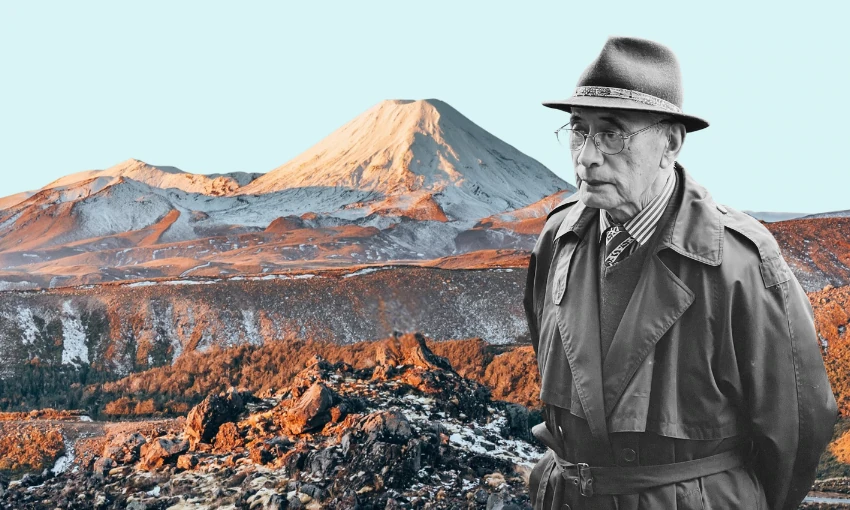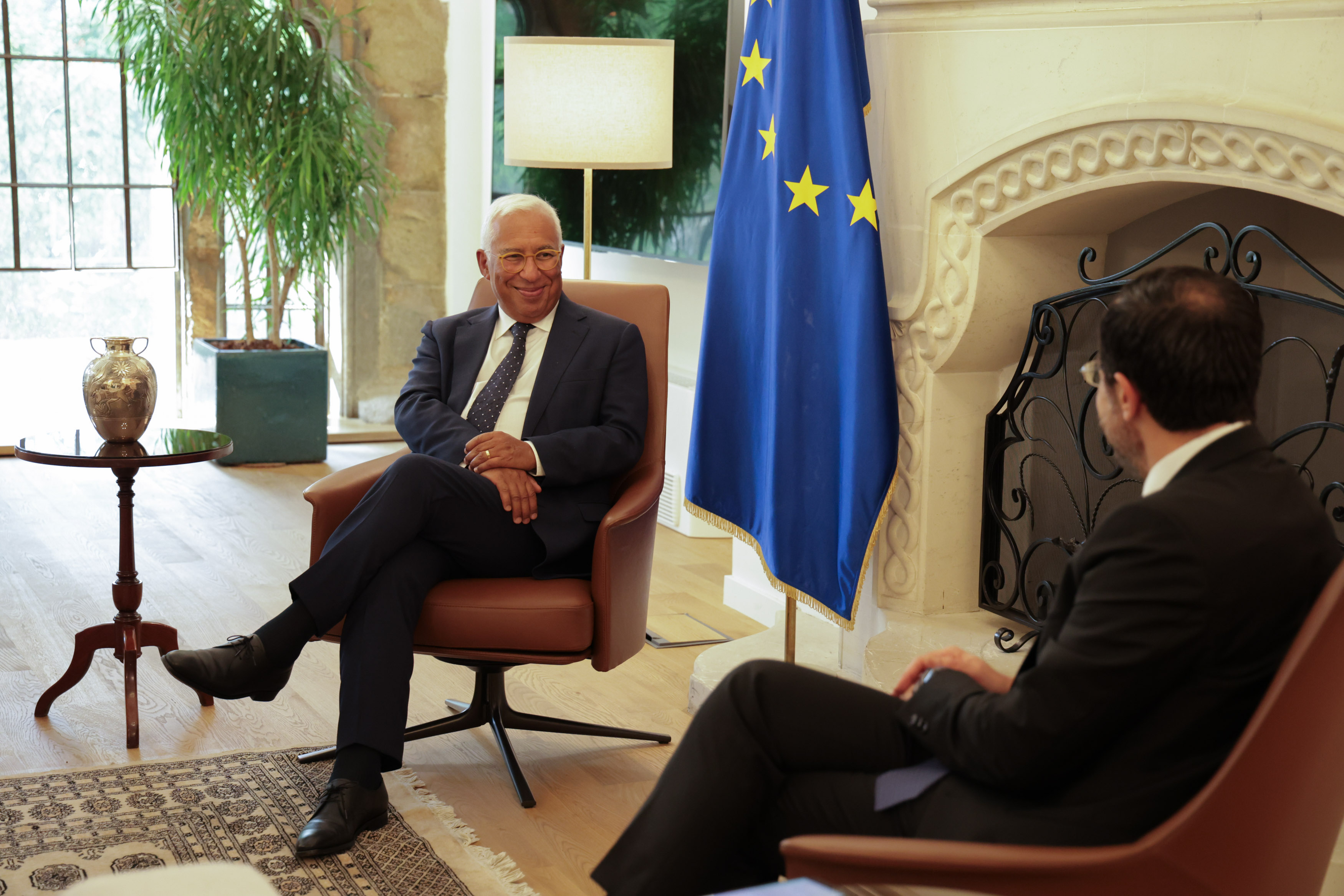By Liam Rātana
Copyright thespinoff

A reluctant leader for his people and iwi across Aotearoa, Sir Tumu Te Heuheu Tūkino VIII, paramount chief of Ngāti Tūwharetoa, has died aged 84.
Sir Tumu Te Heuheu Tūkino VIII never sought the mantle of leadership, but it was one he carried with quiet authority for nearly three decades. Born on the shores of Taupō and steeped in the legacy of his tūpuna, he became paramount chief of Ngāti Tūwharetoa in 1997, following the death of his father Hepi Te Heuheu Tūkino VII. From that moment, he stepped into a role that connected generations: the kingmaker lineage of Pūkawa, the guardianship of Tongariro, and the responsibility of guiding iwi through the great Treaty settlements of the modern era.
Reluctant at first, Tumu Te Heuheu grew into a figure of national and international standing – a champion of conservation, culture and kotahitanga whose steady hand helped reshape the landscape of iwi-Crown relationships in Aotearoa.
Born on August 22, 1941, Tumu Te Heuheu attended St Patrick’s College Silverstream in Wellington. After school, he spent time in the woolsheds as a wool classer, singing in a quartet, and gaining his private pilot’s licence. Begrudgingly, he became involved with the Tūwharetoa Trust Board after some “encouragement” from his father.
Te Heuheu was 43 years old when he came to hold one of the most influential pan-tribal roles in Aotearoa. The story begins 85 years before Te Heuheu’s birth, when his great uncle Iwikau Te Heuheu Tūkino III had called a gathering of tribal leaders in 1856 at Pūkawa in Taupō, with the aim of uniting Māori to defend the loss of authority and land.
Known as Hīnana ki Uta, Hīnana ki Tai, it was at this hui that Iwikau Te Heuheu proposed Pōtatau Te Wherowhero become the first Māori king, after earlier declining the role himself. Some estimate there were as many as 10,000 in attendance at Pūkawa at the time. During the hui, the Kīngitanga was established as an institution for the purpose of: “Hei pupuru i te whenua, hei puru i te toto, hei pupuru i te mana Māori motuhake”, or “to hold on to our land, to stop the loss of life of our people, to keep our mana Māori motuhake”. Pōtatau was later officially given the title of the first Māori king in 1858 and the role of Te Heuheu as kingmaker cemented. The tradition of Tūwharetoa holding an intertribal hui continues today.
Around 30 years later, in 1887, Tumu’s ancestor, Horonuku Pātātai Te Heuheu Tūkino IV, gifted the peaks of the central volcanoes – Tongariro, Ngāuruhoe and Ruapehu – to the Crown in what’s known as a tuku whenua. The intention of Ngāti Tūwharetoa at the time was to enter into a partnership with the Crown, but the Crown took sole ownership of the land and the authority of Ngāti Tūwharetoa was greatly diminished. After mass purchases of surrounding land, the Crown eventually established what is now known as Tongariro National Park in 1894.
Tumu Te Heuheu played a pivotal role in the granting of dual Unesco World Heritage status to Tongaririo National Park in 1993 – the first site in the world to achieve such status, which acknowledges both its natural and cultural significance. However, the undermining of the mana of Ngāti Tūwharetoa by the Crown’s failure to adhere to the conditions of the tuku whenua led to Te Heuheu’s last great act, just over a month ago – calling for the return of the whenua gifted in the arrangement.
A key issue has been the granting of commercial concessions for the operation of ski fields on Ruapehu. In 2013, the Waitangi Tribunal confirmed the tuku was misinterpreted as a “gift”. So when the government started selling off the ski field leases, iwi were, once again, left on the sidelines. Tumu Te Heuheu has previously stated the Crown had failed to engage with Ngāti Tūwharetoa and court action was likely imminent: “There’s still a long pathway to travel in order for us to achieve the outcomes we need.”
“The journey of the arikitanga – it wasn’t something that I agreed to do, it was something that I was told to do,” Tumu Te Heuheu said in an interview with The Hui last month. “It’s a responsibility all the way through. It isn’t one you can’t give away.”
In the 2005 New Year Honours, Te Heuheu was recognised for his contributions to conservation by being named a Distinguished Companion of the New Zealand Order of Merit. Four years later, when New Zealand restored titular honours, he was redesignated as a Knight Companion of the New Zealand Order of Merit. In 2007, Tumu Te Heuheu was made an honorary doctor of literature from Massey University at a special graduation ceremony at Waihi Marae.
Tumu Te Heuheu also played a pivotal role in bringing iwi together for the 2009 Central North Island (CNI) Forests Iwi Collective Settlement – the largest treaty settlement in the country’s history. “Without Tā Tumu leading that coalition, that settlement could not have occurred,” former minister of treaty negotiations Michael Cullen said in an interview in 2019.
At his time of death, Tumu Te Heuheu was the first New Zealander to chair the Unesco World Heritage Committee. He was also chair of the New Zealand Historic Places Trust’s Māori Heritage Council, chair of Tūwharetoa Trust Board, chair of Lake Taupō and Lake Rotoaira Forest Trusts, and a patron of the University of Auckland’s Polynesian Society.
When it came to key issues for te ao Māori, kotahitanga remained atop the list for Tumu Te Heuheu. While he acknowledged the role of the arikitanga in aiding this journey, he said the people held a vital role too: “Without them, we have nothing.”
Tumu Te Heuheu will likely be interred inside the same “vault” where his father and other ariki before him lie in Waihi, on the southern shores of Lake Taupō. Looking to the future of the arikitanga, while it is not necessarily a hereditary title, one of his children will most likely be the next ariki. It will be the hapū of Tūwharetoa who will again make the decision of who leads their iwi. Te Heuheu’s son Gerard Te Heuheu is a former Air New Zealand pilot, former member of Tongariro Taupo Conservation and Tauponuiatia Management boards, and heavily involved with the iwi politics.
“The commitment that the next ariki needs to have is a commitment… to the wellbeing of our people collectively,” said Tumu Te Heuheu.



